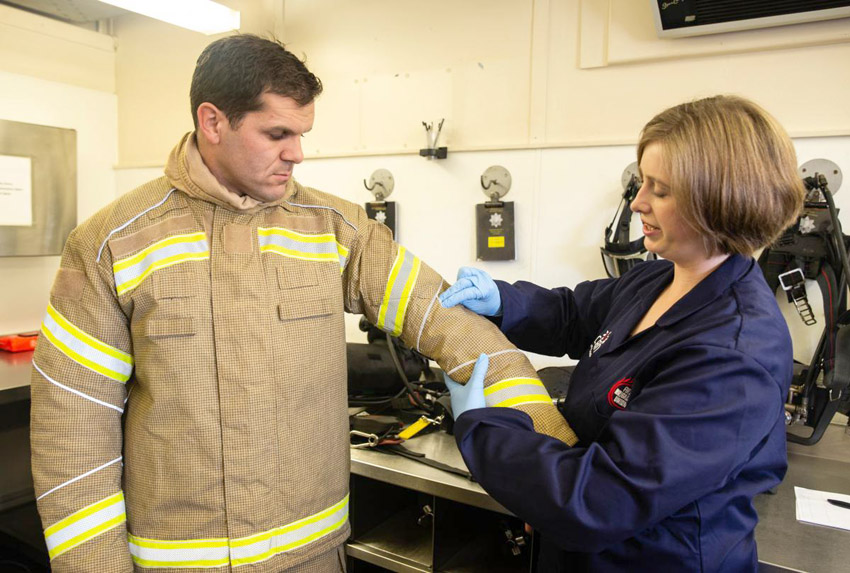
THREE Cumbria fire stations risk closure as the entire service is under threat of being taken over by the Police and Crime Commissioner, the Fire Brigades Union (FBU) has warned.
The expansion of Police and Crime Commissioner Peter McCall’s responsibilities to include fire – with his role expanding to that of Police Fire and Crime Commissioner (PFCC) – could well lead to the closure of three fire stations, due to cuts to the fire and rescue service budget. Three stations, Frizington, Arnside and Staveley, were previously threatened with closure before being saved.
Local union officials believe that McCall is only pushing forward with the plan because he wants to use the new post to grow his profile and then fulfil further political ambitions.
It is thought that the fire and rescue budget is likely to be cut under a PFCC arrangement as the council will no longer be able to ‘top-up’ the fire and rescue budget, and the PFCC will have the latitude to impose cuts that will impact the fire and rescue service disproportionately relative to the police.
Fire Brigades Union North West regional secretary, Ed Burrows said: ‘The people of Cumbria could end up suffering, with three fire stations closing.
‘Any plan that includes closing fire stations must be opposed – if that happens the public will be left waiting longer for fires to be put out.
‘The only way the future of these three fire stations can be guaranteed is if Peter McCall steps back on his plan, and we’re calling on him to do this today.’
The union also believes that the planned changes would be undemocratic. Currently, Cumbria fire and rescue management is led by an elected portfolio holder, directly accountable to the public. A PFCC would only be answerable only to a ‘scrutiny panel’ – appointed by the PFCC themselves, and with limited power.
Furthermore, the union believes that fire and rescue service management needs to be kept separate from police management, due to the differing natures of the two services.
Unlike policing, fire and rescue is a humanitarian service which rescues anyone, regardless of crime. Additionally, any association between the fire and rescue service and law enforcement could damage public safety. Public trust is essential for firefighters to carry out their duties.
Meanwhile, a survey of 10,000 firefighters by the University of Central Lancashire found that rates of cancer were four times higher amongst firefighters than amongst the public.
Researchers believe that this is due to the high amount of fire contaminants that firefighters are exposed to throughout their careers.
With the DECON (decontamination) campaign, launched last year, the Fire Brigades Union is taking steps to inform firefighters about how they reduce the risk when it comes to fire contaminants.
In a video message recorded for World Cancer Day FBU national officer Riccardo la Torre said: ‘There is so much more we need to understand about the link between cancer and other diseases and the occupation of firefighting.’